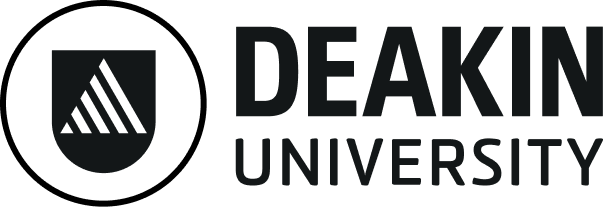Overview
Class Central Tips
Master in-demand business skills and become an impactful leader with an MBA from South America's #1 most innovative university and #2 business school for Executive MBAs.
This MBA takes a holistic approach to business education, building a strong foundation for long-term career agility. Benefit from a unique learning model focused on future studies and equip yourself with models and frameworks to manage shifts in technology, perspective, and more, as you master the skills necessary to maintain long-term business success in a rapidly evolving digital economy. These technology-agnostic frameworks and models focus on process and comprehension to ensure lasting experience and proficiency. You will examine case studies and participate in simulations of business problems in emerging markets, preparing you with the expertise to conduct business anywhere in the world.
Rankings from: CEO Magazine & QS Rankings 2020
What makes this MBA degree unique?
Learn from Latin America’s leading business faculty
FIA has been named the #1 most innovative university in South America by European CEO Magazine and features the same world-class faculty that also teaches the #2 Executive MBA in Latin America.
Get world-class learning with a lower tuition fee
Experience the same top-quality education as your on-campus counterparts while paying significantly less in tuition costs. Take advantage of flexible payment options! Choose the plan that’s right for you and pay tuition either upfront or pay in monthly installments, up to 24 months.
Enjoy maximum flexibility
Work at your own pace, integrate online learning with your schedule, and build the skills to advance your career while maintaining an ideal work-life balance.
Gain collaborative experience through group work
Benefit from a project-based model in which two-thirds of the curriculum is collaborative. Gain essential collaboration skills as you connect with peers and develop your business network.
Leverage global business skills to make a regional impact
Benefit from curriculum, case studies, data resources, and more that are optimized to reflect the business opportunities and challenges in your region and in relevant emerging markets.
Syllabus
This MBA is structured around 27 courses, each with 25 hours of workload, and one capstone project with 40 hours of workload. We structured the MBA to be completed in approximately two years, with three terms per academic year. Please find the list of courses below:
Essentials
- Fundamentals of Marketing
- Communication Principles for Leaders
- Leadership and Disruption
- Organizations
- Strategy
- Career Management
- Economics
- Financial Accounting and Analysis
- Quantitative Methods
- Operations Management
Deep Dive
- Global Supply Chain Management
Leading Transformation
Valuation and Strategic Finance Analysis
Decision Making
Governance and Sustainability
Negotiation
Innovation Management
Entrepreneurship
Corporate Legal
Marketing Strategy
Strategic Management
Future Studies
- Disruptive Technology and Impact for the Future
- Models and Frameworks for Future Oriented View: Delphi
- Models and Frameworks for Future Oriented View: Scenario planning I
- Models and Frameworks for Future Oriented View: Scenario planning II
- Models and Frameworks for Future Oriented View: Systems Dynamics
- Corporate Foresight
Capstone project
When you graduate, you’ll be able to:
- Analyze the external environment in which your organization is inserted, considering aspects of the macroenvironment (political, economic, social, technological, environmental and legal) and sectoral environment (consumers/customers, suppliers, current and new competitors), identifying the future facts relevant to your business.
- Learn how to work with teams in business contexts.
- Create and implement strategic plans.
- Create and implement marketing plans.
- Apply quantitative methods of future studies, based on available historical data and different tools that will be taught.
- Apply qualitative methods of future studies, identifying among the tools taught in the course the one(s) most appropriate to your problem or to better support your decision.
- Know the main future trends and technologies that will impact careers, business, and your country in the future.
- Define the impacts of future trends in your organizations, considering corporate foresight as a tool for generating value.
- Make management decisions in different sectors and areas of activity.



